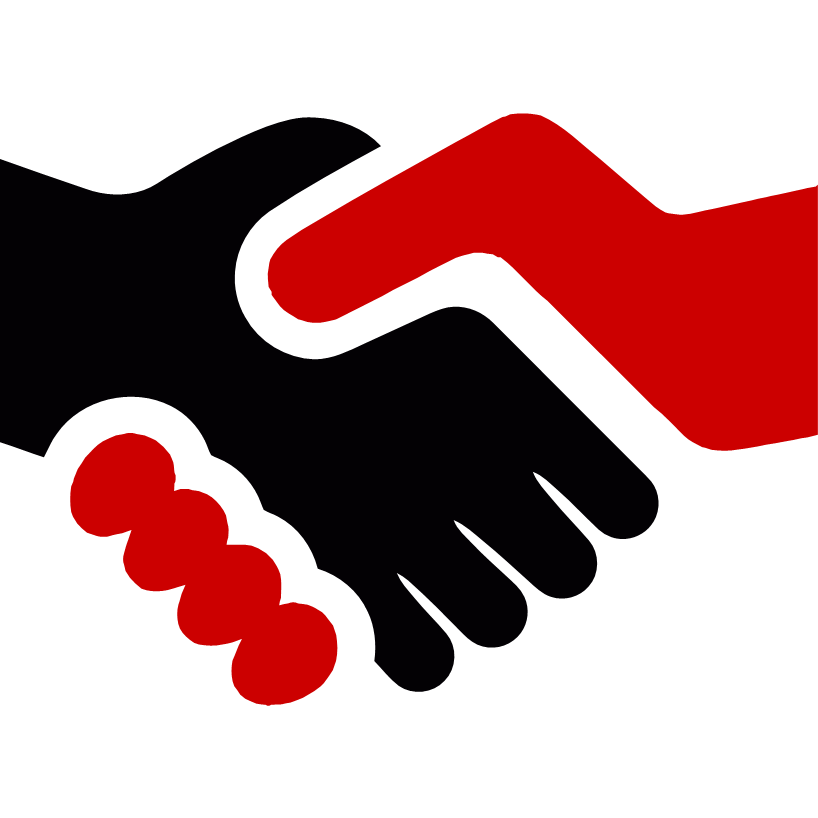In my opinion they can recruit in-country from the local prison populations and balloon their numbers within weeks/months. They've demonstrated this effectively and managed it very well, all they need to do is repeat the model and it'll be improved over the Ukraine version.
They demonstrated that when they had good standing relations with the country they recruit in and had a common established language. This isn't that true if you want to recruit in prisons in the three country alliance at this point. It also would need changes in laws and have the usual problems of recruiting people from prison.
I do think that the conventional armies of the three countries under the leadership of the effective ruling governments will show to be more important in the West African conflict than the Wagner group. However I might be proven wrong.
Perhaps they're not confident about the information they can offer though, it seems to change so quickly that it's hard to be sure.
That is absolutely true, also it is hard to get real information about Wagner and mercenaries since they like to claim they have plenty members to advertise on the market and at the same time there is disinformation going on by the state actors, with Wagner also having a vested interest in not having their exact numbers exposed on region level.
While I don't like more right of center The New Wars by Herfried Münkler from 2004 it did present some developments in the emerging roles of mercenaries and non state actors in wars and armed conflicts. It would be interesting how within the 20 years after it the assessments ought to be changed. Surely you frame Wagner as very skilled and impactful force that can meet and exceed state actor capabilities in more situations than special operations. Which is a significant change from then.
It seems that in Mali the main priority for Wagner seems to be that which foreign instructors did over the last 80 years.
 reunification the former
reunification the former  states had a trouble with Nazis, I ignore those within the police force but focus on unorganized ones.
states had a trouble with Nazis, I ignore those within the police force but focus on unorganized ones. 's that did social work at that time were proponents of "accepting youth work" which means to say "It is fine that you are a Nazi who expresses wishes to kill people, I hear you, I am here for you" (which didn't work out well). In any case for various reasons the Nazis did use plenty violence and kill / torture people, if you were marginalized you were a higher likelyhood target. The police didn't do a lot, the years are called "Baseballschläger Jahre" literally baseball bat years, cause that was among the most prominent weapons of them.
's that did social work at that time were proponents of "accepting youth work" which means to say "It is fine that you are a Nazi who expresses wishes to kill people, I hear you, I am here for you" (which didn't work out well). In any case for various reasons the Nazis did use plenty violence and kill / torture people, if you were marginalized you were a higher likelyhood target. The police didn't do a lot, the years are called "Baseballschläger Jahre" literally baseball bat years, cause that was among the most prominent weapons of them. , for
, for  ,
, 

 , :bipoc:,
, :bipoc:,  comrades and friends?
comrades and friends?




 Thanks for the software!
Thanks for the software! uses - integrated into the sites would mean that better community supported decisions can be made for both moderation as well as in comments/communities about stuff?
uses - integrated into the sites would mean that better community supported decisions can be made for both moderation as well as in comments/communities about stuff?
Quite damning.